What’s the one thing to do when a traumatic event occurs, to make it less traumatic? Read on…
A Reader writes:
When a traumatic event occurs, it sometimes happens that a person’s immediate response is a physical state of shock. It seems that this physical state of shock may result from any kind of traumatic event, whether emotional or physical. When the body responds in this manner, it can be difficult to access resources, thoughts, or even emotions. I wonder if you might suggest some immediate steps to take when this occurs.
Dear Reader:
Your question reminds me of the day in January 2014 when I got hit by a car while walking in my neighborhood.
For many years I had been training myself to respond to injuries by bringing awareness into my body and tuning in, sensing how the injury itself was feeling. Mostly my practice had been with bumps on the head when I forgot a cabinet door was open. There were some more serious injuries as well.
But none was more serious than getting thrown thirty feet with a broken pelvis. I landed on my hands and knees … and I didn’t even try to move. I simply brought awareness to my body and scanned for a sense of how I was feeling.
I could tell there was something very wrong in the area of my right hip. And I felt oddly detached. Someone asked if she could help me. I said, “Could you find my glasses?” I probably should have said, “Could you call an ambulance?” But someone did anyway.
All the way to the emergency room I kept on sensing in my body.
I didn’t know the meaning of what I was feeling. I didn’t know that the light-headedness I felt was a drop in blood pressure, a common symptom of shock. But understanding wasn’t the point. The point was sensing, being present within myself.
Everyone was astonished at how quickly I healed. I taught a small workshop two weeks later… listening to my body all the way through.
The key here is that even impaired, even in a state of shock, we can still consciously bring awareness to how we feel… and having a daily practice of body sensing can make it much easier to do when a crisis comes.

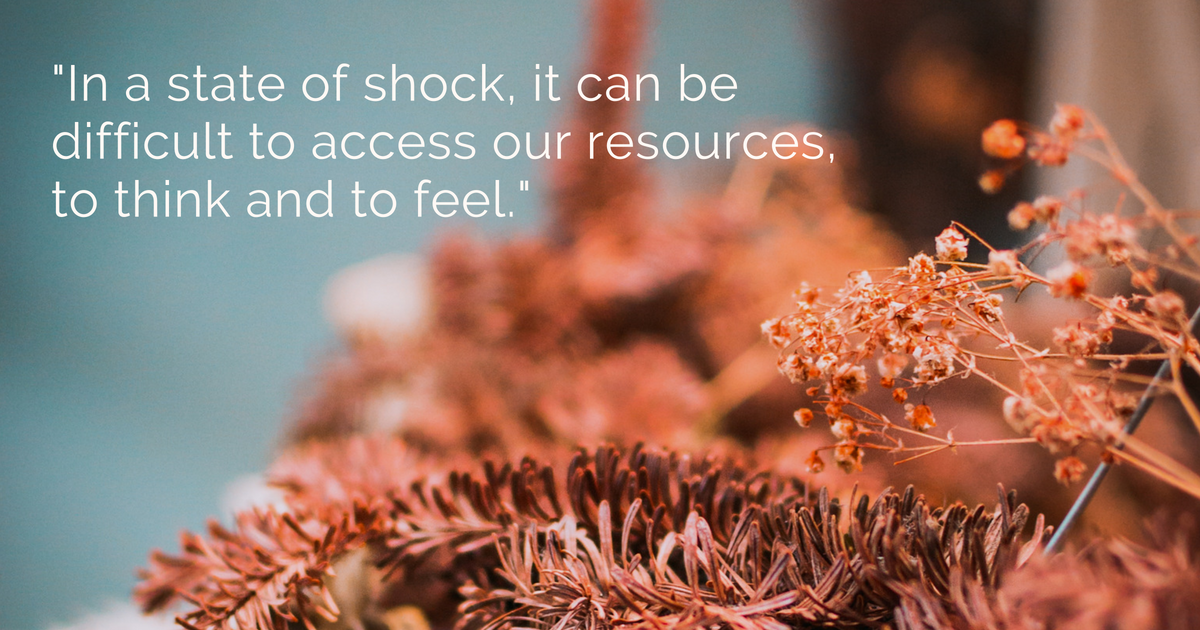
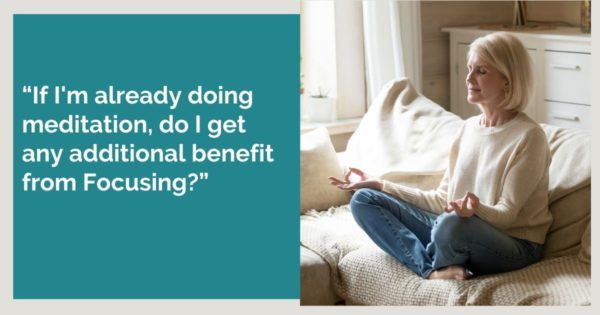

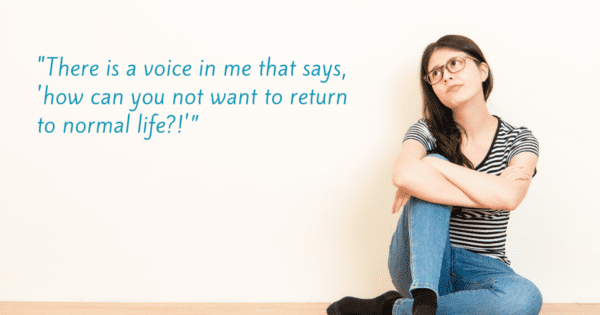

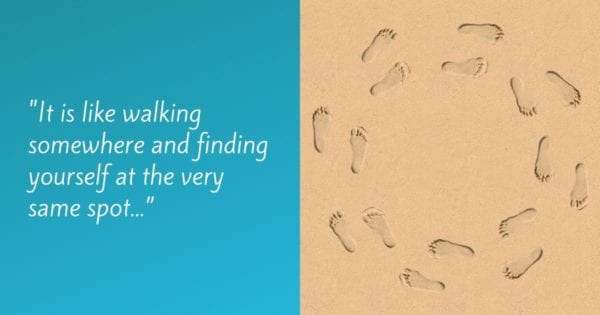
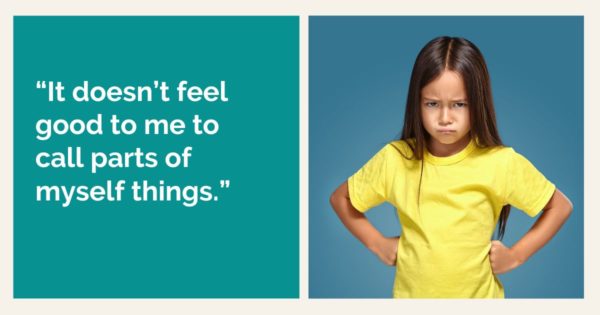

This is amazing, Ann. Beautiful and inspiring. Thank you for sharing your story of possibility.
I have learned most of what I know about working with trauma through Babette Rothschild’s books The Body Remembers, Vol. 1 & 2. I think your process would be amazing to her, and she would endorse it! And she might offer some more pedestrian ideas for someone not already familiar with Focusing.
What do you think, about working with someone in “traumaland” not already familiar with Focusing in an emergency situation or in a therapy context?
Hi Grace – These processes seem to be quite helpful to people without their learning Focusing first. Luckily! My book for therapists, _Focusing in Clinical Practice_, is about bringing Focusing into settings where you are facilitating healing, not teaching Focusing. And by the way I quote Babette Rothschild. Her work on the importance of the body for trauma healing is so beautiful!